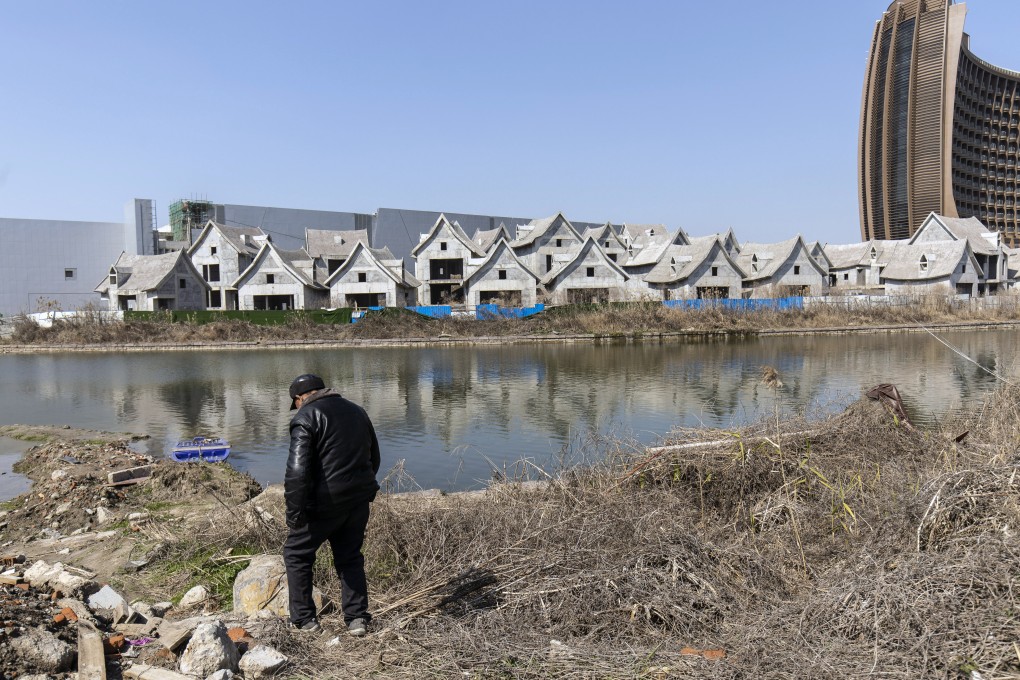Advertisement
Macroscope | Why Beijing is determined to maintain its hardline property policies, despite the economic pain
- Given its size and central role in the country’s economy, China’s real estate sector is ‘too big to fail’ and poses wider risks in the event of a meltdown
- The push to see housing as shelter rather than an investment is more in line with China’s long-term growth goals but will not be painless
Reading Time:3 minutes
Why you can trust SCMP
3

A sudden collapse of China’s housing market has added to a long list of struggles facing the economy since 2021. Many see these woes as self-inflicted, a result of Beijing’s draconian policies. They remain baffled by officials’ insistence on continuing the curbs despite severe stress reverberating across the economy and markets.
Advertisement
Given the colossal size of the real estate sector, Beijing is taking a major risk with systemic stability by continuing its punitive actions. Our estimates about the size of the real estate ecosystem indicate that it is, in fact, “too big to fail”.
Combining property construction and real estate services, the sector directly accounts for an estimated 16 per cent of GDP. Once the upstream (production of building materials) and downstream (sales of appliances and furniture) outputs are considered, the sector could amount to as much as a quarter of China’s economy.
This is before taking account of the contribution of land sales to local government revenues, which are spent on infrastructure projects. There is also the banking system’s exposure to real estate via lending to developers and mortgage borrowers, which accounts for about 30 per cent of banks’ loan books.
Meanwhile, close to 70 per cent of households’ wealth is tied up in real estate, which puts consumption at risk in the case of a sharp decline in home prices. A sudden meltdown of the property market could therefore have serious consequences for China’s stability.
Advertisement
The importance of the real estate sector raises a critical question. Why is Beijing so determined to pursue policies that have already inflicted tremendous pain on a systematically important part of the economy?

Advertisement
